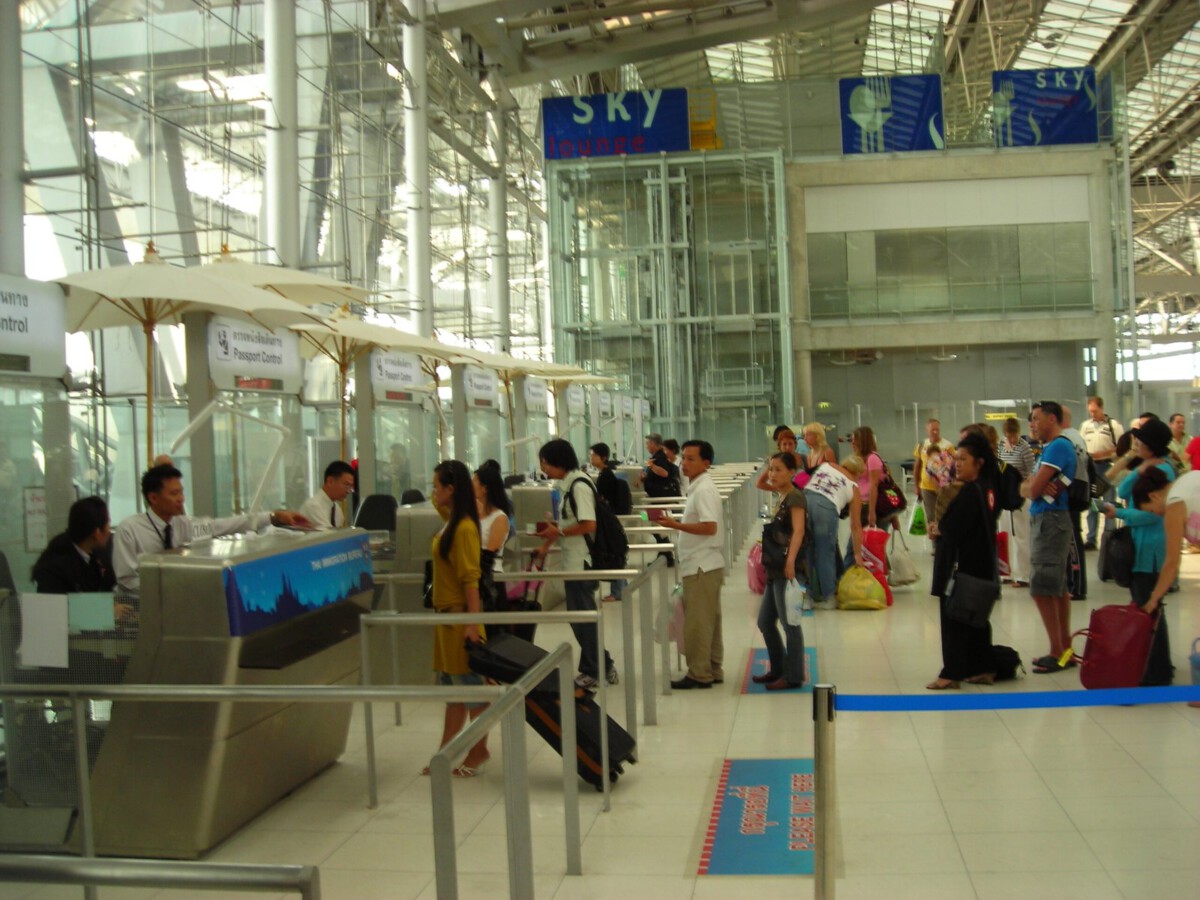Unexpected Chaos at the Passport Office

It’s a nightmare scenario: bags packed, tickets booked, excitement in the air—only to realize your passport won’t arrive in time. This year, thousands of Americans have faced this exact heartbreak. Passport offices across the country are struggling with overwhelming demand, leaving travelers stranded and dreams dashed. The story isn’t just about paperwork; it’s about missed weddings, lost reunions, and once-in-a-lifetime adventures slipping away. For many, the realization comes too late, and the disappointment is raw. The problem isn’t isolated—it’s a national issue touching all corners of the country. In 2023, the U.S. passport processing system has reached a breaking point, affecting people from all walks of life.
Processing Times Reach Record Highs

Processing a passport used to be a straightforward affair, but not anymore. The U.S. State Department reported that routine processing times have ballooned to 10-12 weeks, with expedited service taking 5-7 weeks. This is far longer than the pre-pandemic norm of 6-8 weeks for routine requests. People who thought they had plenty of time suddenly find themselves cutting it dangerously close or missing their trips altogether. Even those willing to pay extra for speed are finding that expedited services don’t guarantee peace of mind. The delays aren’t just frustrating—they’re causing travelers to lose money on non-refundable flights and hotel bookings. Every week, more stories emerge of families and solo travelers forced to scrap their plans at the last minute.
Shocking Rise in Cancellations

Unexpected passport issues have led to a wave of cancellations across the country. According to a recent survey by the American Society of Travel Advisors, about 30% of travelers reported they had to alter or cancel their trips due to passport delays. This number is far higher than in previous years, and it represents real heartbreak for families, couples, and business travelers alike. Many had plans for long-awaited vacations, special celebrations, or critical work assignments abroad. The domino effect is brutal—lost memories, wasted money, and frustration that lingers long after the missed trip. It’s not just a matter of inconvenience; for some, it’s a loss they’ll never fully get over.
Post-Pandemic Travel Surge Overwhelms System

The surge in passport applications this year is staggering. The State Department saw a 40% jump in applications compared to last year—a record-breaking number. This surge is largely due to pent-up demand from people who put off travel during the pandemic. Now, everyone is eager to get back out there at once, flooding the system beyond its limits. The result is a massive backlog that grows by the day. For many, applying in early spring should have been enough, but the sheer volume has overwhelmed even the best-prepared travelers. The rush has exposed just how fragile the system is when faced with extraordinary demand.
Staffing Shortages Add to the Crisis

The problem isn’t just the number of applications; it’s also the people behind the desks. Many passport agency employees left their jobs during the pandemic, and hiring replacements has been slow and difficult. The State Department acknowledges that these shortages are a major reason for the current delays. While new recruits are being trained, the backlog remains stubbornly high. Offices are stretched thin, with workers often putting in overtime to keep up. But the gap is still too wide, and the impact is felt by every traveler anxiously waiting for their documents. Until staffing levels recover, long waits are likely to continue.
Airlines and International Travel Hit Hard

It’s not just travelers who feel the pain—airlines and the entire travel industry are suffering, too. The International Air Transport Association (IATA) has reported a 25% increase in flight cancellations linked directly to passport issues. Airlines are losing money on empty seats and rebooked itineraries. Tour operators, hotels, and travel agents all feel the ripple effect as plans unravel. Some families have lost thousands of dollars in non-refundable travel expenses. The uncertainty has made many wary of booking international trips at all, dampening what should have been a triumphant return to global travel.
Government Scrambles to Respond

Faced with mounting pressure, the U.S. government has rolled out emergency measures. The State Department has increased the number of appointments for urgent cases and extended operating hours at passport centers. They’ve also launched public awareness campaigns urging Americans to check their passport status long before they travel. While these steps have helped a bit, the backlog remains stubborn. Officials continue to urge patience and early planning, but for many, these changes have come too late. The government is under intense scrutiny to prove it can fix the system and restore confidence in U.S. travel infrastructure.
Expert Tips to Avoid Disappointment

Travel experts are clear: don’t leave your passport to the last minute. The State Department now recommends applying at least six months before your intended travel date. This is double the time most people used to allow. If your trip is urgent, book an appointment at a passport agency as soon as possible—slots fill up fast. Double-check the expiration date on your passport, as many countries require at least six months’ validity upon entry. Consider using tracking services for your application, and keep copies of all paperwork. These extra steps may seem tedious, but they’re the best defense against unexpected disappointment.
Tech Upgrades Offer Hope

To tackle the crisis, the State Department is investing in technology upgrades. Efforts include improving the online application system and providing better tracking tools for applicants. Digital notifications and real-time updates are being tested to keep travelers informed throughout the process. These technological solutions are designed to reduce errors, eliminate bottlenecks, and shorten wait times. While the rollout is ongoing, early feedback from applicants has been cautiously optimistic. The hope is that, with smarter systems, future passport processing will be faster, more transparent, and less stressful.
What Lies Ahead for Travelers

Officials believe that with continued recruitment and tech improvements, passport processing times will eventually return to normal. The State Department targets late 2024 to clear the current backlog and restore pre-pandemic efficiency. Until then, travelers should stay alert and plan further ahead than ever before. The lessons of this year are clear: preparation is everything, and even the best plans can be derailed by paperwork. For now, patience and vigilance are the traveler’s best tools.






